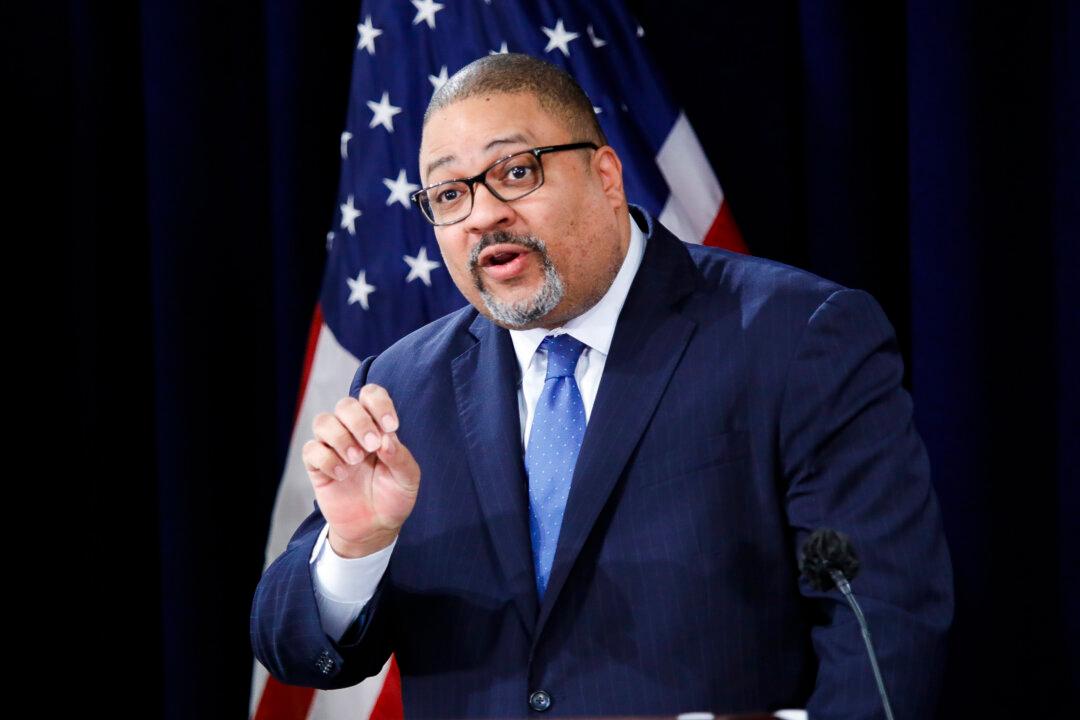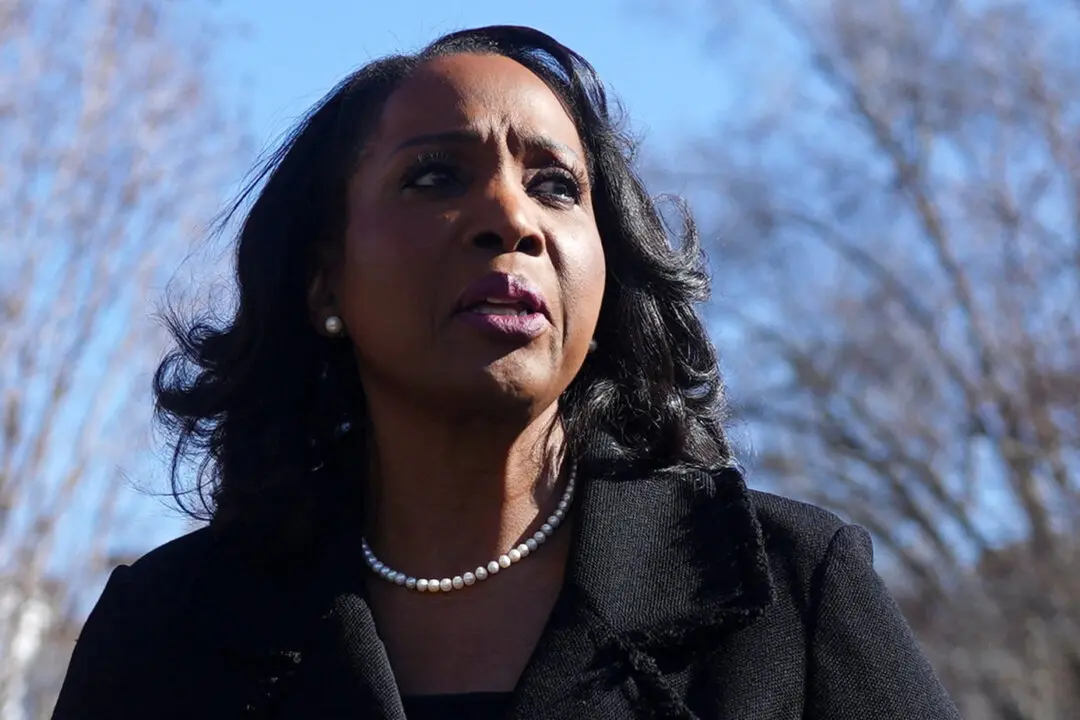Manhattan District Attorney Alvin Bragg’s office has agreed to postpone sentencing for President-elect Donald Trump in his business records case.
A Nov. 19 letter to New York Justice Juan Merchan showed Bragg stating that his office believed “further proceedings before this Court should be adjourned to permit litigation” surrounding Trump’s motion to dismiss.





